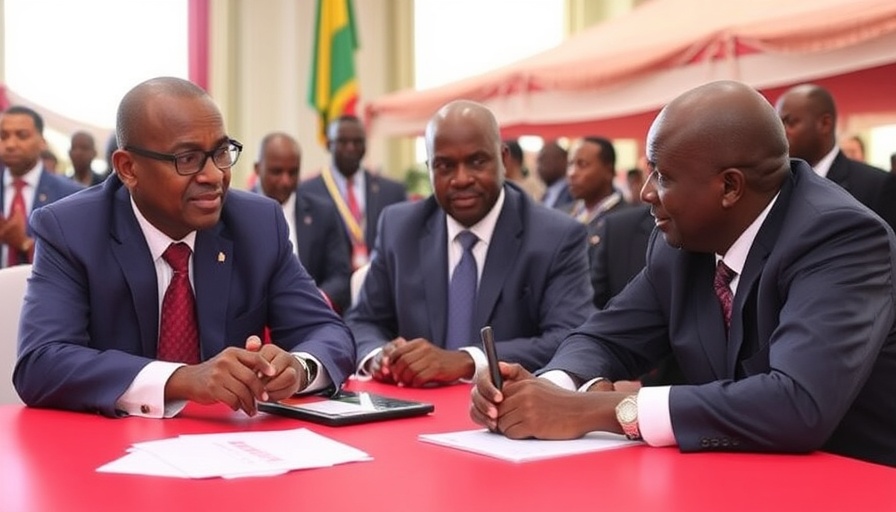
Key Role of Gen Z in Shaping African Nationhood
The future of African nationhood is being crafted as we speak, and at the heart of this transformation lies Gen Z—a cohort uniquely positioned to influence the continent's trajectory. This generation, characterized by their tech-savviness, progressive views, and a heightened sense of global citizenship, represents a new wave of leadership potential in Africa.
Emotional and Human Interest Angle: The Awakening of a Generation
Gen Z's understanding of interconnectedness in today’s digital age deviates from traditional notions of nationality. They grasp that the African identity transcends borders, etched deeply in shared cultural heritage, history, and aspirations for socio-economic progress. Witnessing a wave of protests across various nations, this generation is stepping up for change in societal governance and economic policies, reverberating far beyond geographical confines.
Relevance to Current Events: A Call for Engagement
Indeed, recent geopolitical tensions and shifts in global trade dynamics have opened up a conversation about Africa's resilience. As African economies pivot and adapt to the ever-changing landscape, Gen Z's involvement in conversations around policy-making becomes essential. With robust engagement, from grassroots activism to involvement in key diplomatic discussions, this cohort must assert its voice in shaping governance frameworks.
Practical Insights and Tips: Harnessing Digital Platforms
To foster their influence, Gen Z can leverage technology and social media far more than previous generations. They must utilize these platforms not just for expression but to mobilize support for progressive causes: climate action, gender equality, and economic reforms. By collaborating across digital spaces, they can forge solid alliances with established leaders and shape Africa’s narrative on both continental and global stages.
The Future: A Vision for African Unity and Progress
In conclusion, the Gen Z cohort’s potential is not limited to their immediate activism. Their capacity for innovative thought can help reshape narratives within African politics and governance, advancing the continent's integration into global trade practices and alliances, such as the African Continental Free Trade Area (AfCFTA). As they rise to meet the challenge of nationhood in the 21st century, we must listen to their insights and march in step with their vision for a connected, equitable Africa.
Now is the time for business leaders, policymakers, and the international community to engage with this dynamic generation. If Africa is to thrive in today’s global landscape, we need to create an inclusive platform that empowers Gen Z to lead the charge and redefine what nationhood means in the contemporary world.
 Add Row
Add Row  Add
Add 


Write A Comment